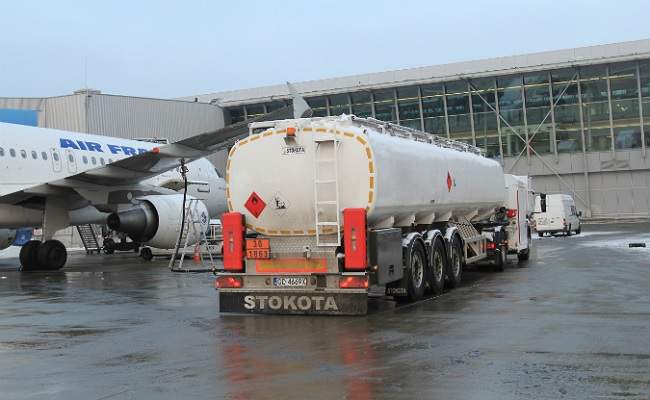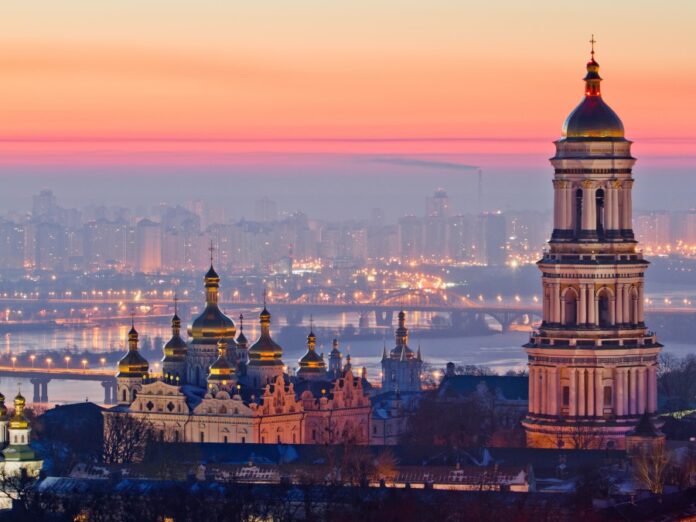The continuing political instability in Ukraine will result in a reduction of inbound tourism visits. Credit: Oleg Totskyi / Shutterstock.
With geopolitical tensions between Ukraine and Russia, tourism recovery in the Eastern European destination will consequently suffer.
The ongoing situation in Ukraine is particularly damaging for its tourism sector, which developed substantially in Ukraine before the pandemic. Furthermore, it was showing some encouraging signs of recovery after an extremely challenging year in 2020. However, tensions have put many airlines serving the destination on high alert, with Air France and Lufthansa halting routes entirely to Kyiv and Odessa, with tourists unable to travel in or out of these destinations. If more airlines continue to pull routes, this will negatively impact Ukraine and the tourism industry across Europe.
Inbound and outbound travel in Ukraine likely to fall significantly
Between 2014 and 2019, Ukraine experienced strong growth in inbound tourism, with arrivals peaking at approximately 2.5 million in 2019 before falling 71% in 2020 due to the pandemic, according to GlobalData’s Tourism Demands and Flows Database. Twelve months on, projections showed a positive upturn in 2021, with inbound travel expected to have reached around 1.2 million. Unfortunately, the continuing political instability reported this year will result in a reduction of inbound tourism visits, which will have a severe knock-on effect on a tourism sector flighting for recovery.
Regrettably, it will not just be Ukraine’s inbound travel that will suffer either. Ukraine was previously one of Europe’s fastest-growing source markets, with outbound tourism increasing consistently between 2009 and 2019, a period during which trips almost doubled from 4.7 million to 9.2 million, according to GlobalData. Destinations such as Poland and Turkey could suffer, with Ukraine now an important source market for these destinations. Furthermore, developing markets, such as Romania and Bulgaria, will also feel the pinch, as these destinations battle against a potentially turbulent year in the tourism sector.
Consumer sentiment will worsen but this may only be temporary
Geopolitical issues typically result in a significant fall in tourism, as seen across many other countries in recent years. Perhaps the most notable example was the unsuccessful coup d’état attempt in Turkey in 2016. As a result, inbound and outbound tourism fell by 28% and 13%, respectively, according to GlobalData. However, the tourism industry can occasionally bounce back swiftly. The media raised questions about whether Turkey’s tourism industry could survive this incident. However, within just two years, the country had already exceeded 2015 levels of inbound and outbound tourism, witnessing 9.4 million Turkish travellers depart in 2017 and welcoming more than 38 million international arrivals in 2018. Of course, for the situation in Ukraine, this will all depend on the stability of the region over the next few years, which will be a vital factor for tourism’s revival.
Related Companies


STOKOTA














